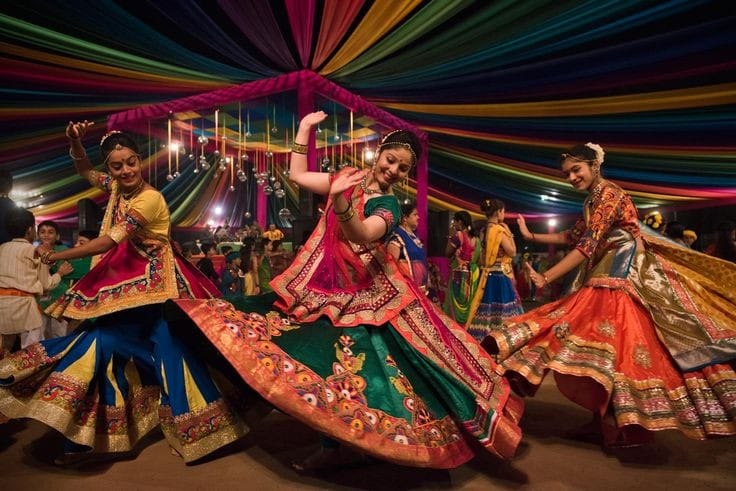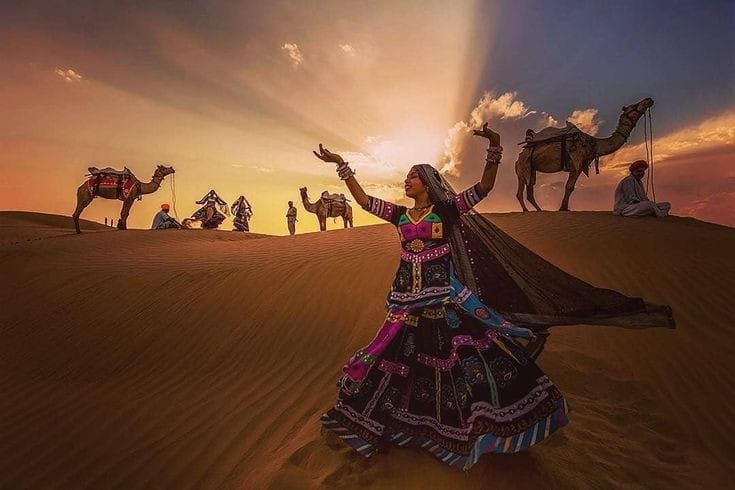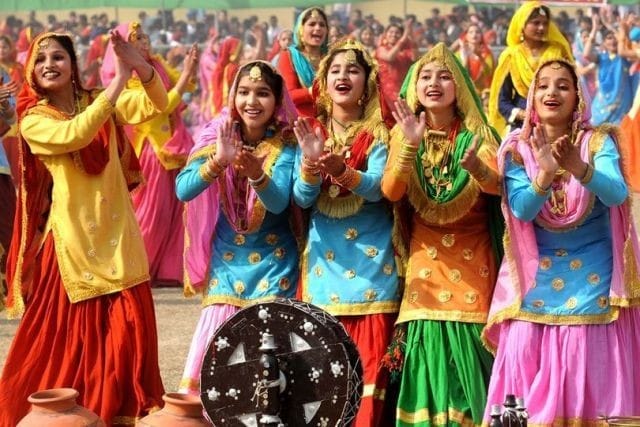India is known for its vibrant and diverse festivals, which celebrate a range of religious, cultural, and social traditions. Religion and culture are inextricably linked in India, and this is particularly evident in the way that festivals are celebrated. The intersection of religion and culture is a complex and fascinating topic, which is integral to understanding the nature of Indian festivals.
The religious aspect of Indian festivals is particularly significant, as many of the most important festivals are rooted in religious traditions. For example, Diwali, which is one of the most widely celebrated festivals in India, is known as the Festival of Lights and is celebrated by Hindus, Sikhs, and Jains. The festival celebrates the victory of good over evil and the triumph of light over darkness. During Diwali, people light lamps and candles, decorate their homes with colorful lights and rangolis, exchange gifts and sweets, and perform religious rituals.
Similarly, Eid-ul-Fitr and Eid-ul-Adha are two important Islamic festivals celebrated in India. These festivals are celebrated by Muslims all over the world, and mark the end of the holy month of Ramadan and the sacrifice of Prophet Ibrahim, respectively. During these festivals, Muslims gather at mosques to offer prayers, exchange gifts and sweets, and share meals with family and friends.
While religion is a significant aspect of Indian festivals, culture also plays an important role. Many festivals have cultural significance and are celebrated across different religious communities. For example, Holi, the festival of colors, is celebrated by Hindus, Sikhs, and Jains, and marks the beginning of spring. During Holi, people throw colored powder and water at each other, dance to music, and indulge in sweets and traditional food.
Similarly, Christmas is celebrated in India with great enthusiasm, particularly in the Christian-dominated regions of the country. Christmas markets, carol singing, and the decoration of Christmas trees are common sights during the festive season. While Christmas has religious significance, it is also a celebration of culture and tradition, and is enjoyed by people of all faiths.
The intersection of religion and culture in Indian festivals is not always straightforward, and there can be conflicts and tensions between different groups. For example, the celebration of Valentine’s Day has been controversial in India, with some religious groups viewing it as a cultural import that goes against traditional values. Similarly, the celebration of Holi has been criticized for the excessive use of water, which can cause environmental damage and wastage.
Despite these challenges, Indian festivals continue to be a vibrant and integral part of the country’s cultural and social fabric. They are an important way of preserving and celebrating the diverse religious and cultural traditions that make India such a rich and unique country. The intersection of religion and culture in Indian festivals is a reflection of the complex and dynamic nature of Indian society, and serves as a reminder of the need for tolerance and understanding between different communities.









